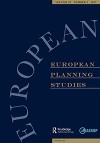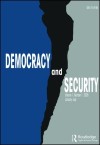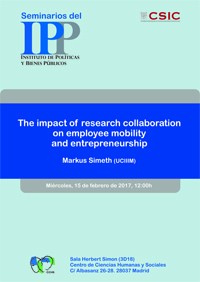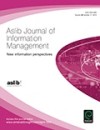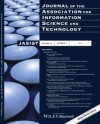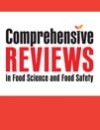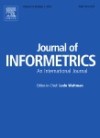Ovando P., Caparros A., Diaz-Balteiro L., Pasalodos M., Beguería S., Oviedo J.L., Montero G. & Campos P. (2017) Spatial Valuation of Forests' Environmental Assets: An Application to Andalusian Silvopastoral Farms. Land Economics 93: 87-108
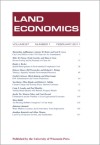
Abstract. We develop a model that estimates spatially allocated environmental asset values for the simultaneous provision of seven ecosystem services. We examine the effect of heterogeneous spatial and economic factors on asset figures, and identify potential forestry abandonment problems when continuing with forestry activity becomes unprofitable for the landowner. Our results show a relevant spatial variability according to forest species distribution and structure.



